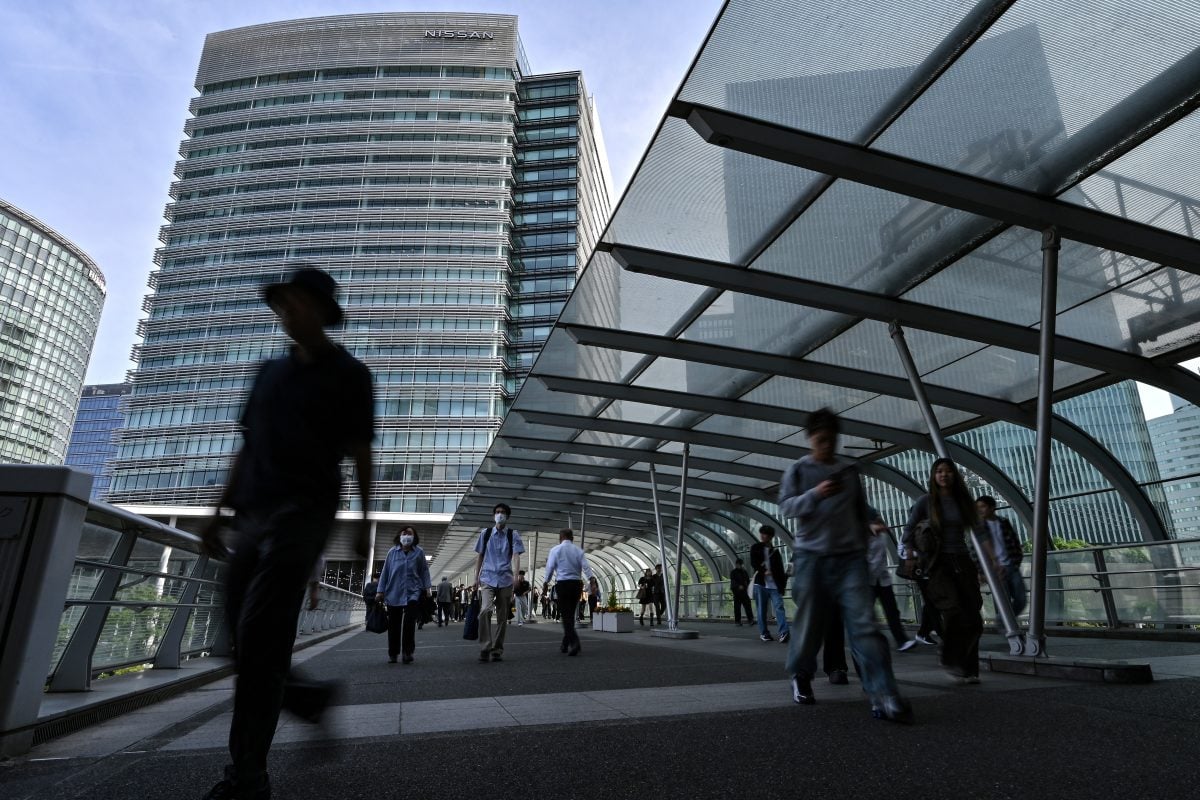Could you provide a brief overview of the Yokohama Chamber of Commerce and Industry (YCCI), discuss its history and tell us a little about its role in supporting business?
YCCI is a regional comprehensive economic organisation established in accordance with Japan’s Chamber of Commerce and Industry Act. With a membership that includes corporations, individuals and organisations, it works to promote commerce and industry and advance the local region.
YCCI’s history is closely connected to the development of modern industry in Japan. Since the opening of Yokohama’s port in 1859, the city has developed as one of Japan’s major hubs of trade and economic activity and become a location where many people engaged in trade and industry gather. It was in this context that YCCI was established in 1880 to bring together the opinions of business operators and promote the development of the local economy.
These days, YCCI provides comprehensive support for the management of small and medium enterprises (SMEs) by offering various types of assistance. These include making requests on behalf of SMEs to Japan’s national government and the local governments of Kanagawa Prefecture and the city of Yokohama. We also provide advice on managing SMEs, as well as financial advice, and help with recruiting, training and human resources. We hold various workshops and networking events for our member companies, assist them with expanding their businesses overseas, and offer a range of mutual aid programmes.
How many members does YCCI have currently, and which business sectors tend to predominate?
YCCI is a non-profit organisation with around 12,000 members representing a wide range of business sectors. As a comprehensive economic organisation located in the city of Yokohama in Kanagawa Prefecture, we offer membership to any business operator in Yokohama, whether their business is large or small, from major corporations to individual business owners.
Historically, Yokohama’s development was focused on its port and relied on businesses related to the
export of commodities such as raw silk and tea. After the Second World War, however, its industry came to focus primarily on sectors such as steelmaking, shipbuilding, electrical machinery and petroleum, centred on large factories along the waterfront. Subsequently, in the 1960s, the electrical machinery and general machinery sectors developed particularly rapidly. From the 1970s to the 1980s, population growth and other factors caused services and commerce to take on greater importance, and since then, Yokohama has shifted from an industrial structure focused on manufacturing to an economic structure focused on services.
In recent years, the Minato Mirai 21 district and other areas in central Yokohama have become key locations for the offices of global manufacturers and the R&D centres of IT and life-science companies. A diverse range of urban functions and facilities are concentrated in the Minato Mirai 21 district, which continuously attracts many visitors from both inside and outside Japan. Most notable among the district’s facilities are international conference centres and exhibition halls, as well as a large concert hall that hosted 1.84m concertgoers in the year to November 2024, ranking second in the world after Madison Square Garden in the US. These facilities are supplemented by other music venues of various sizes, along with entertainment venues, shopping centres and hotels.
Nonetheless, industries related to the port and logistics still retain a significant presence in Yokohama, as does manufacturing, so the city continues to be one of Japan’s key hubs. Given the historical background I have described, the YCCI’s member companies represent an extremely wide array of business sectors.
Is YCCI planning any specific initiatives, forums, or business-matching events in preparation for TICAD 9?
As an international conference spearheaded by the Japanese government, TICAD 9 is an important event intended to create economic partnerships and business opportunities between Japan and African nations. The Japanese government has set the conference theme as “Co-create innovative solutions with Africa.”
During TICAD 9, the Japan External Trade Organisation (JETRO) will hold the Japan Fair as part of the TICAD Business Expo & Conference. The Japan Fair will target African nations’ leaders, cabinet ministers and other government officials, as well as business people, and will exhibit products, technologies and services provided by companies and other entities in Japan that could contribute to sustainable growth in Africa. YCCI is disseminating information to its member companies and other companies in Yokohama and Kanagawa Prefecture about the Japan Fair’s objectives and the value of participation in it. YCCI is also assisting in the recruitment of companies to participate in the fair. As specific details of the TICAD 9 programme and areas in which we can collaborate become clear, we will work with the Yokohama city government and related organisations to help provide information to local companies and increase the number of companies participating in the conference.
What are your expectations regarding TICAD 9, which will be held in the Minato Mirai 21 district?
TICAD is an international conference organised jointly by the Japanese government, the United Nations Development Programme (UNDP), the World Bank, the African Union Commission (AUC) and other organisations. Since it was first held in 1993, TICAD has fulfilled its role as a platform for supporting sustainable development in Africa. Meanwhile, the city of Yokohama has contributed to strengthening relations between Japan and Africa, having hosted TICAD three times already: in 2008 (TICAD 4), in 2013 (TICAD 5) and in 2019 (TICAD 7).
TICAD 9, which will be held in Yokohama’s Minato Mirai 21 district this August, is an important international conference that will address green growth and Africa’s development challenges including achievement of the Sustainable Development Goals (SDGs).
To establish sustained growth into the future worldwide, it is important to pursue green transformation (GX) that combines economic growth with decarbonisation.
The Minato Mirai 21 district has been designated by the Japanese government as a Decarbonisation Leading Area, and many companies and R&D centres actively engaged in decarbonisation are located there. I think that TICAD 9 will provide the perfect opportunity for widespread publicity both inside and outside Japan regarding the initiatives of local companies that are employing GX to tackle business innovation and the efforts of Yokohama to establish itself as a city that is economically and culturally sustainable. Looking ahead, I expect Yokohama to advance even further through sustainable urban development and international cooperation.
Two years from now, in 2027, Yokohama will host the International Horticultural Expo 2027 (titled Green X Expo 2027). This international exhibition will address the topics of achieving carbon-free societies, co-existing with nature and pursuing cutting-edge green innovation, proposing solutions for environmental issues inside and outside Japan. In a venue adorned with flowers and greenery throughout, participating entities will showcase environmentally friendly technologies and culture in such spheres as sustainable urban development, agriculture, energy and day-to-day lifestyles. The expo will enable Yokohama to present its vision of evolving into a next-generation city that co-exists with the environment to audiences both inside and outside Japan and propose its own specific concept of the ideal future society. I sincerely hope that the countries participating in TICAD 9 will also exhibit at Green X Expo 2027.
We look forward to welcoming everyone to the ninth TICAD.
Want to continue reading? Subscribe today.
You've read all your free articles for this month! Subscribe now to enjoy full access to our content.
Digital Monthly
£8.00 / month
Receive full unlimited access to our articles, opinions, podcasts and more.
Digital Yearly
£70.00 / year
Our best value offer - save £26 and gain access to all of our digital content for an entire year!

 Sign in with Google
Sign in with Google 



